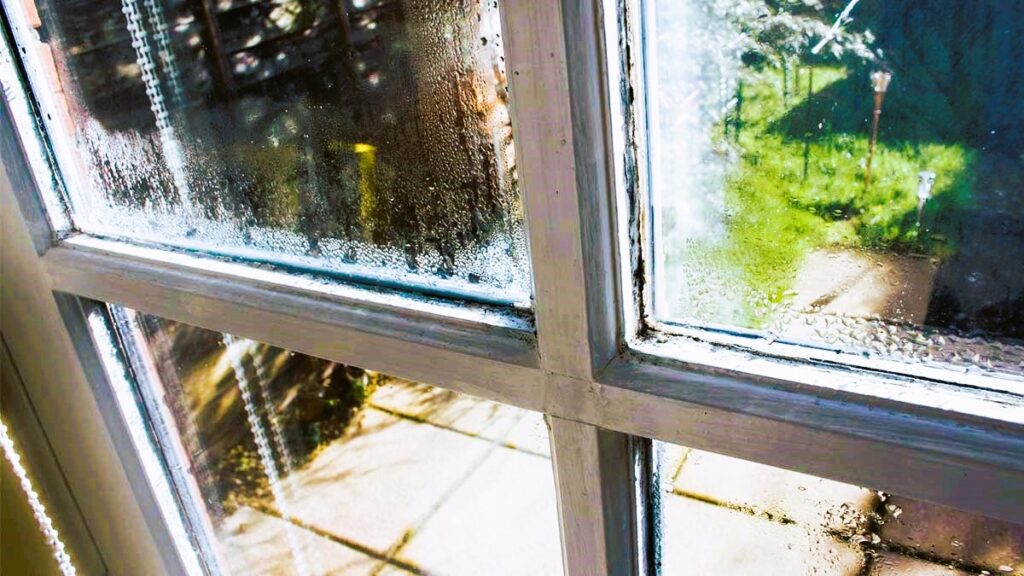In today’s world, where energy efficiency and sustainability are of utmost importance, upgrading your windows can be a wise investment. Windows play a significant role in the energy performance of a building, affecting both heating and cooling costs. By replacing old, inefficient windows with energy-efficient alternatives, you can not only reduce your carbon footprint but also enjoy long-term cost savings. In this article, we will explore the benefits of upgrading your windows and how it can be a cost-effective path to energy savings.
Enhanced Insulation
Older windows, especially single-pane or poorly insulated windows, can be a significant source of energy loss. They allow heat to escape during the winter and enter during the summer, leading to increased energy consumption for heating and cooling. Upgrading to energy-efficient windows with double or triple glazing and low-emissivity (low-E) coatings can greatly enhance insulation.
Double or triple glazing involves multiple layers of glass with air or gas-filled spaces in between, providing better thermal insulation. Low-E coatings reflect heat back into the room, reducing heat transfer through the window. These improvements help to maintain a more consistent indoor temperature, reducing the need for excessive heating or cooling and ultimately lowering energy bills.

Reduced Air Leakage
Air leakage is another common issue with older windows, contributing to drafts and uneven temperatures inside the building. Upgrading to energy-efficient windows can significantly reduce air leakage, improving indoor comfort and energy efficiency. Energy-efficient windows are designed with features such as weatherstripping and tight seals to minimize air infiltration.
Additionally, modern windows often come with advanced locking mechanisms that provide a tighter seal when closed, further reducing air leakage. This helps to create a more airtight building envelope, preventing drafts and heat loss or gain through the windows. Explore window durability and style options in an article on window materials.
Solar Heat Gain Control
While natural light is desirable, excessive solar heat gain can increase cooling costs and make a space uncomfortable. Energy-efficient windows often come with advanced technologies that allow for solar heat gain control. Low-E coatings, mentioned earlier, can help to reduce the amount of solar heat that enters the building through the windows.
Other options, such as spectrally selective coatings or tinted glass, can be employed to further control solar heat gain. These technologies allow visible light to pass through while blocking a significant portion of the infrared radiation that carries heat. By managing solar heat gain, energy-efficient windows can help maintain a comfortable indoor temperature and reduce the load on cooling systems.
Long-Term Cost Savings
While the initial cost of upgrading windows may seem significant, it is important to consider the long-term cost savings associated with energy efficiency. Energy-efficient windows can help to reduce heating and cooling costs by minimizing energy consumption.
According to the U.S. Department of Energy, energy-efficient windows can save homeowners up to 15% on heating and cooling costs. The exact savings will depend on factors such as climate, window orientation, and the efficiency of the windows installed. Over time, these savings can add up, offsetting the initial investment and providing a cost-effective path to energy savings.
Increased Property Value
In addition to energy savings, upgrading your windows can also increase the value of your property. Energy efficiency is highly valued by homebuyers, and energy-efficient windows are considered a desirable feature. A study by the National Association of Realtors found that homebuyers are willing to pay a premium for homes with energy-efficient features, including energy-efficient windows.
By investing in energy-efficient windows, you not only enjoy the immediate benefits of lower energy bills but also potentially increase the resale value of your home. This makes window upgrades a cost-effective investment that provides both financial and environmental returns.

Conclusion
Upgrading your windows to energy-efficient alternatives is a smart investment that can lead to significant energy savings and long-term cost reductions. Improved insulation, reduced air leakage, solar heat gain control, and increased property value are just some of the benefits associated with energy-efficient windows.
When considering window upgrades, it is important to evaluate factors such as the climate in your region, window orientation, and the efficiency ratings of different products. Consulting with a professional can help you make informed decisions and select the most suitable options for your specific needs.
By taking the cost-effective path of upgrading your windows, you can enjoy a more comfortable living space, reduce your carbon footprint, and save money on energy bills in the years to come.
